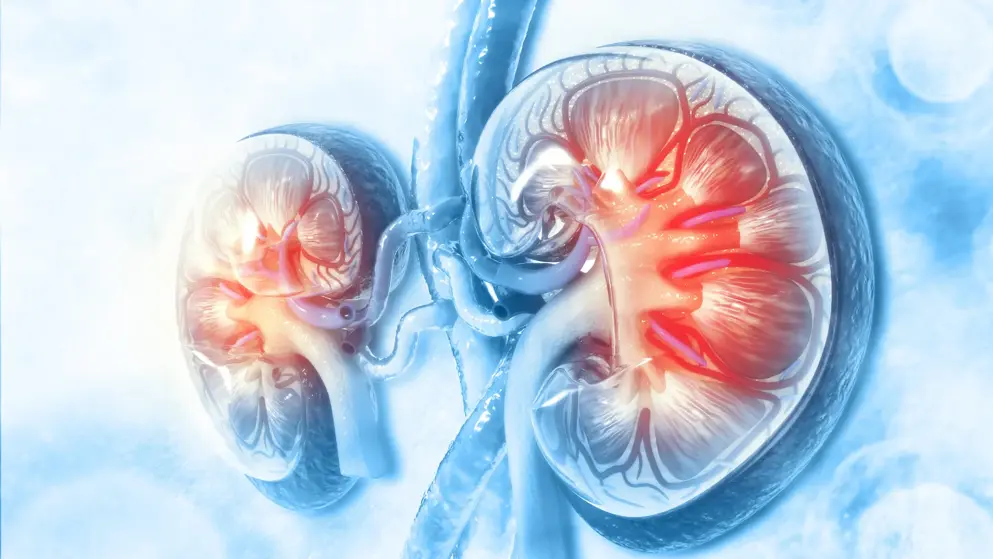SGLT2 inhibition and chronic kidney disease outcomes: in diabetes and beyond
SGLT2 inhibition and chronic kidney disease outcomes: in diabetes and beyond
Chronic kidney disease (CKD) is a pressing public health concern. CKD attributed to diabetes, known as diabetic kidney disease (DKD), is the most common cause of kidney failure, accounting for half of all cases. 1, 2 As the number of people with diabetes dramatically rises around the world, the burden of diabetic complications will concurrently swell. Occurring in about 30% of patients with type 1 diabetes and 40% of those with type 2 diabetes, DKD is one of most incapacitating and lethal complications of diabetes. 1 Additionally, about a quarter of cases of kidney failure in CKD are attributed to hypertension, followed by various forms of glomerular diseases. 2 It is crucial to recognise that the risks of CKD include a high risk of death that outcompetes risk of progression to kidney failure, particularly in patients with diabetes. 3
Indeed, most people with CKD die before progressing to kidney failure. The largest number of deaths in people with CKD are due to cardiovascular diseases, especially heart failure. 1 , 2 In order to meaningfully improve patient outcomes—survival without kidney failure or heart failure—better CKD care is urgently needed.
Access full article
Featured Learning Zones
You may be interested in...
The 2023 update of the German Society of Neurology’s guideline on Parkinson’s disease (PD) provides detailed recommendations on the use of transcranial brain parenchyma sonography (TCS) for early and differential diagnosis. This update addresses previously unspecified diagnostic criteria and investigator qualifications, offering a robust framework based on a systematic literature review.




